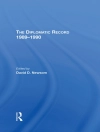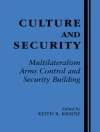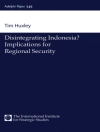There are important reasons for the distinct yet significant course adjustments in American and Western foreign policy, which currently focuses on Middle Eastern and Chinese “hot spots.” In early 2012, the United States “pivoted” to make the Far East its military and strategic first priority, thereby downgrading the Middle East. This change in priorities has been accompanied by a curtailed military budget and the end of the two-war doctrine.
With a new preface by the author, Hot Spots argues that turning toward the Far East is premature and flawed in principle. China can and should be treated as a potential partner in a changing global order, rather than contained and made into an enemy. At the same time, he argues, the true hot spots continue to be in the Middle East, albeit not in Iraq or Afghanistan, but in Iran and Pakistan. Less urgent, but of great importance, are the ways the West deals with a complex and varied Muslim world, with political Islamic parties and social movements, and with future waves of Arab awakening. Here the distinction between security and nation building becomes essential for both normative and strategic reasons.
Yazar hakkında
Amitai Etzioni is university professor and professor of international affairs at The George Washington University. He served as a senior advisor at the Carter White House; taught at Columbia University, Harvard, and the University of California at Berkeley; and served as the president of the American Sociological Association.












